Can people with HIV have children?
AIDS may be all around us, but it is not scary. This is because AIDS cannot be transmitted through normal life contacts, such as our ritual handshakes, hugs, eating together, or working together. Normal care for people living with HIV or AIDS will not spread the disease either.

Even if someone is infected with HIV, I hope you will not give up on yourself.
The sooner blocking medication is applied after high-risk behavior, the better. Currently, the effective timing of blocking is 72 hours after high-risk behavior, with the best within 2 hours. What if it is more than 72 hours after exposure? The virus is likely to have entered the bloodstream, and the likelihood of successful blockade is so low that doctors no longer recommend post-exposure prophylaxis at this point.
HIV infection does not necessarily lead to AIDS. If infection is followed by early anti-HIV treatment the incubation period can be significantly prolonged, even without the development of overt AIDS. This has to improve the quality of life of the infected person, reduce sexually transmitted infections and obtain a normal life expectancy.
Can a woman with HIV have a healthy baby?
Because of the high rate of mother-to-child transmission of HIV, which is about 30 to 50 percent, childbearing should be done with caution. HIV-infected women who want to have children should be treated with mother-to-child interruption therapy, which can reduce the transmission rate to 5% or even less than 1%.
HIV-infected mothers should avoid breastfeeding if possible, and if they do breastfeed, they should stay on ART throughout the breastfeeding period.
One click to follow "Dr. Fu Hong" and start a healthy "good pregnancy"!
It's AIDS Day, so let me answer the question.
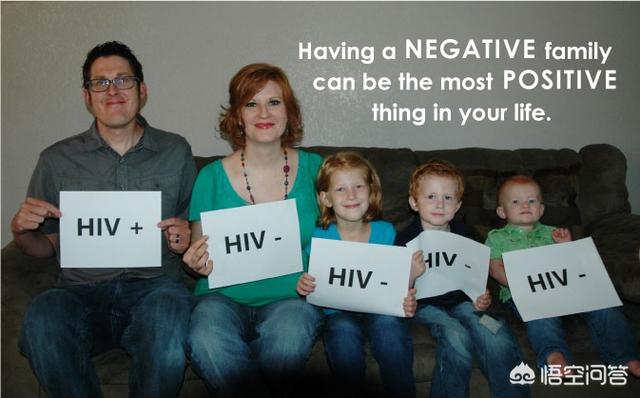
Illustration: Husband is positive, wife and children are HIV-negative.
Even if you have AIDS, you can still get married and have children, and healthy children at that. In everyday life, people living with AIDS do not spread the disease, so there is no delay in starting a family and having children. However, the prerequisites for this areBelieve in science and reject metaphysics, don't listen to the tricky or any weird folk remedies and fantasize about an overnight cure for AIDS!, but rather to honestly stick to modern medications to keep the virus count down in the bloodstream, then life will still be good.
Born with AIDS.
In the United States, many people who were infected at birth and born with AIDS still have a good life in the end. The American man in the picture above is called Andrew Prusiple, and he was born with AIDS, which was passed on to him by his mother, back in the day when there weren't the drugs that are so good nowadays, and he didn't know what to do to prevent mother-to-child transmission.
However, Andrew still has a happy life, he started taking drugs when he was a child, then went to school and read until college, graduated and worked and got married and had three babies, of course, his wife knew that he was HIV-positive, but still married him.In 2015, he published his family photo on FaceBook. In 2015, he published a photo of his family on FaceBook. He wanted to use this to inspire people living with HIV all over the world, telling them that life can still be good, but of course, it requires their own efforts.
For the first child, they used sperm washing and then injected sperm into the vagina to achieve the pregnancy.
But for the last two children, the couple conceived naturally, because by that time the virus in Andrew's blood was already zero, and the presence of the virus could not be detected in his semen, so the couple resolved to use natural conception after consulting their doctor's professional opinion, and they gave birth to two healthy babies, and the wife was not transmitted with AIDS as a result. Modern science did not fail them, and when it says there is no virus, there really is no virus. And if there is no virus, there is no transmission of AIDS.
What about women who are infected? What about women.
Women who are infected can of course marry and have children, it's just slightly more complicated for men.
Let's take a look at the official WHO guidelines on how to interrupt mother-to-child transmission.
阻断母婴传播(PMTCT Prevention of Mother-to-Child Transmission of HIV)
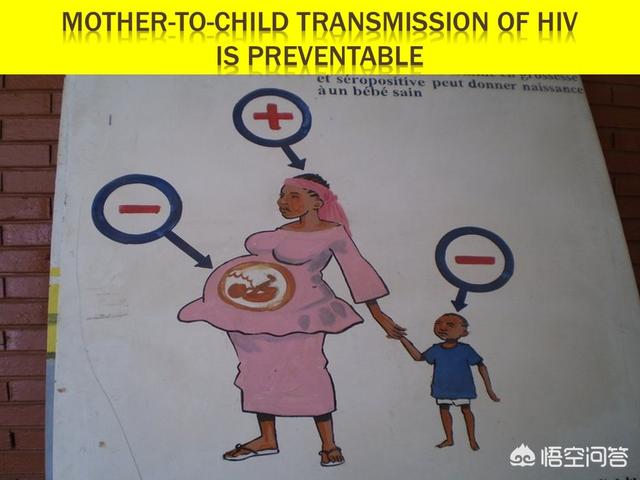
Mother-to-child transmission of HIV is when a woman infected with the virus transmits it to the next generation during pregnancy, childbirth or breastfeeding. And the way to block it is through the following three steps.
1. Pregnant women living with HIV receive HIV medication during pregnancy and delivery to prevent mother-to-child transmission of HIV. In some cases, women living with HIV may be scheduled for a Caesarean section (sometimes called a C-section) to prevent mother-to-child transmission of HIV during delivery.
2. Babies born to HIV-infected women receive HIV medication for four to six weeks after birth. HIV medication reduces the risk of any HIV infection that may enter the baby's body at the time of delivery.
3. Since HIV can be transmitted through breast milk, HIV-infected women who are in a position to do so should not use their own breast milk to feed their babies, but should use infant formula instead.
By following this process, the risk of vertical transmission of HIV from mother to child can then be reduced to 2% or less.
In fact, if the viral count is brought under control first, down to near zero, before choosing to get pregnant and give birth, then the risk is actually near zero. The 2% mentioned above refers to African women who realize they are infected only after they get pregnant and then start taking medication.
The most taboo thing to do about AIDS is to avoid treatment.
Do your best to stop yourself from getting infected by getting tested and detected early, or by using post-exposure prophylaxis promptly after you've had risky sex.
On this day, may medical science make rapid progress, and may all people in the world put aside discrimination and treat people living with HIV as equals.
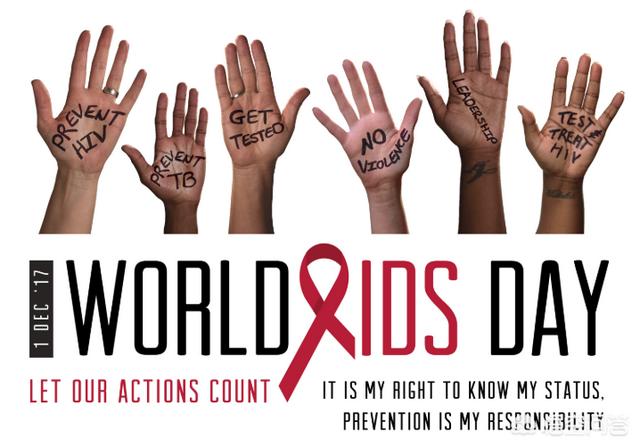

AIDS should not deprive a person of the right to be normal. Especially for a woman, having her own child is the greatest blessing in life.
The path of an "AIDS mom" is a difficult one, but there are always people who help her through it. They are maternal and child health workers, CDC staff and doctors.
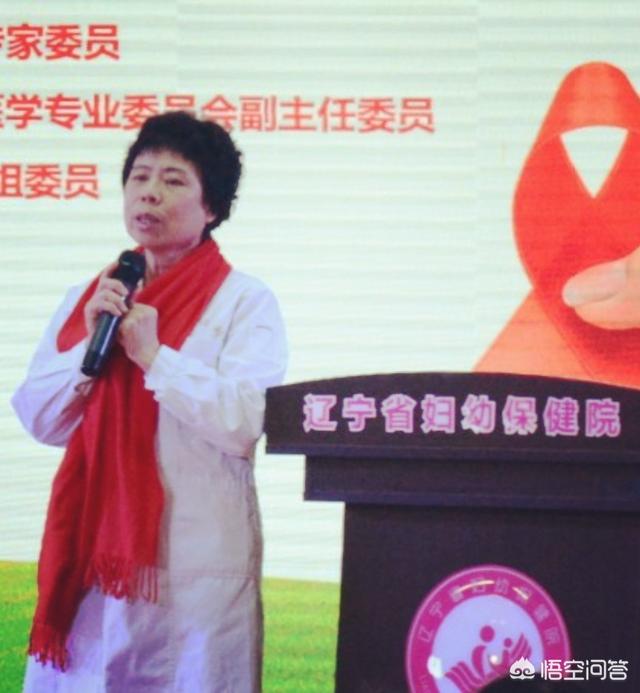
Tian Hong, director of the Women's Health Care Primary Guidance Section of the Liaoning Provincial Maternal and Child Health Hospital, has said that the risk of mother-to-child transmission of HIV can be reduced to less than 2 percent if comprehensive measures, such as antiretroviral drugs, are taken. In other words, fewer than two children born to 100 HIV-positive mothers will be infected.
The so-called "comprehensive measures" are just a few words, but behind them, too many people's efforts and hard work have been invested.
Liaoning Province
Director Sun Xiaoxu of the Primary Guidance Department of Fushun Maternal and Child Health Hospital told a true story documenting the journey of an AIDS mother who successfully conceived a life.
This female infected person was only 19 years old, and at the time of meeting her, she was not of legal marriageable age. She and her boyfriend cried all the way to the MCH. By the time they arrived at the MCH, the tears had not dried up.
"With scientific intervention, you have a good chance of conceiving a healthy baby." With a positive answer, she and her boyfriend relaxed a little and left to begin the road to starting a family and conceiving a life.
Love overcomes disease in this moment.
But then came the sudden and prolonged loss of contact.

It is not uncommon for people living with HIV to be "out of touch".
They often resist and avoid the attention and help of health organizations for various reasons. In some extreme cases, after they are found to be HIV-positive, their cell phones go out of service and their numbers are left blank, requiring health workers to go to great lengths to get in touch with them again.
Privacy is very important for people living with HIV, so the process of finding them is delicate and sensitive. 19 year old girl so desperately wants to be a mom, but lost...still have to find her and help her ah!
Calls were not returned, not answered; calls were made again, rounds were made, numbers were changed; text messages were sent... and thanks to the efforts of the staff, contact was re-established. The girl, having successfully taken the first step, was pregnant.
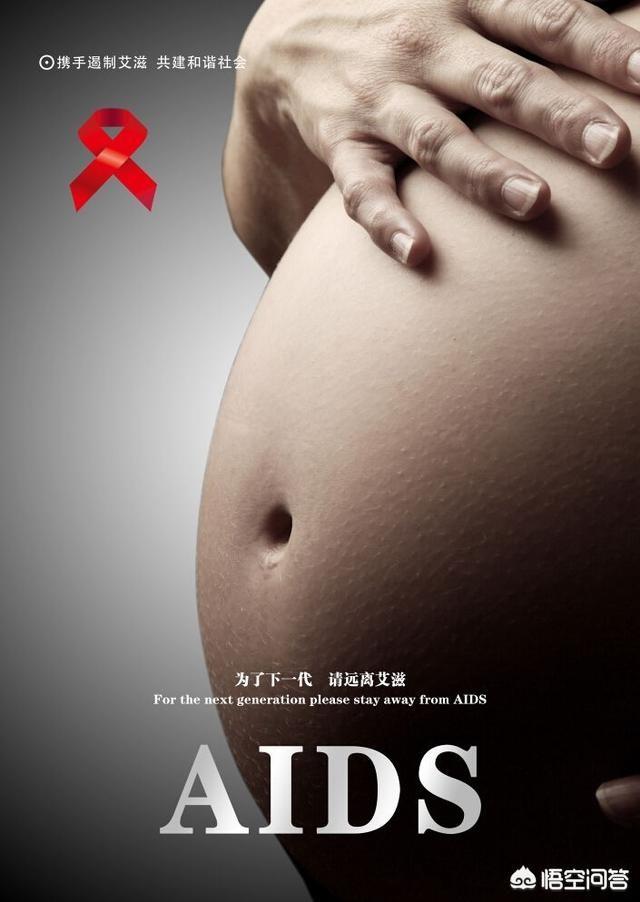
"I want to have this baby after the wedding. "The girl mentioned such an idea, but her due date is after the wedding! This undoubtedly aggravates the risk factor again!
Once again, persuasion and painstaking efforts were made. The girl finally agreed to give birth to the child before the wedding. Then a period of heart-wrenching waiting began - is the child healthy?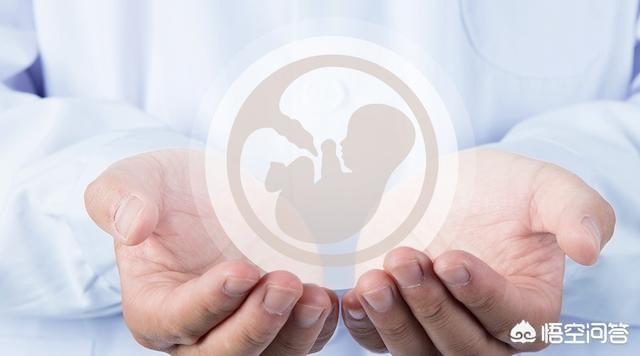
For ordinary families, the moment a child is born is the beginning of happiness and joy. But for people living with HIV and maternal and child health care workers, only when the child is certain that he or she is not infected is the moment when the heart finally drops.
The baby's 42-day nucleic acid test report came out negative, for crying out loud, this is the happy news that many people have been waiting for! This is the biggest blessing that medicine has brought to women with HIV...
For more health information, please pay attention to Liaoshen Famous Doctor!
The first thing you can be sure of is that it can!
This situation has to be categorized into three types: first, the man is infected and the woman is not infected, second, the woman is infected and the man is not infected, and third, both are infected.

So let me break it down for you:
A male infected women are not infected, this situation requires men to take medication, when the body's HIV viral load is lower than the detection of the lower line, and within six months of the test are lower than the detection of the lower limit, at this time the infectiousness of the infectious will be greatly reduced (or contagious), you can want to have a child, in the process of pregnant women pregnant women to monitor pregnant women whether infected with HIV, once found infected with HIV, you need to carry out antiretroviral blockade Another option is for the male to undergo sperm flushing and artificial insemination, which is much safer than the previous option;
Secondly, if the woman is infected and the man is not, then do the blocking treatment during pregnancy (the success rate of the blocking treatment is very high, more than 98%), the child can not be breastfed after birth, and the child can not be vaccinated with attenuated or live vaccine within one and a half years old;
Thirdly, both parties are infected and the same woman is infected.
So accidentally infected with HIV, there are ways to have a child if you want one, and we need to build up our self-confidence.
I think it's important to avoid problems even if the probability of them occurring is only 1 in 10,000, meaning don't have a child if there's even the slightest risk, and rather go for adoption, which is of greater merit!
Between 2005 and 2009, researchers in China conducted a mother-to-child interruption study in an HIV-positive group in a Yunnan township. Only 2 of the 193 babies delivered tested positive for HIV (about 1% positive rate).
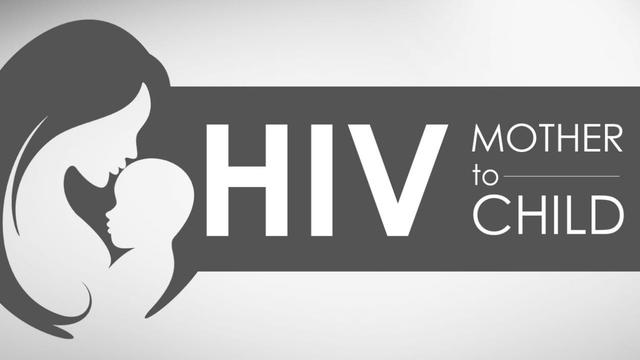
Without any intervention, the probability of mother-to-child transmission of HIV is between 15% and 45%. However, with timely interventions before or during pregnancy, the risk of infection can be kept below 5 percent, and in some cases below 1 percent.That said, with effective medical treatment, an HIV-positive mom may have a 99% chance of having a healthy child.
These instruments are mainly in the following four areas:
Those who choose to become pregnant should take antiviral drugs to control the viral load in their bodies and intervene to block transmission.
We provide free AIDS prevention and treatment counseling and testing for pregnant women and their babies. For HIV-infected pregnant women and their babies, services such as counseling, prenatal guidance, interruption, treatment, post-natal visits, infant follow-up and testing are provided for the prevention of mother-to-child transmission of HIV.
Delivery is by caesarean section and breastfeeding of the newborn is to be avoided after delivery.
Integrated interventions for prevention and follow-up of infants after delivery
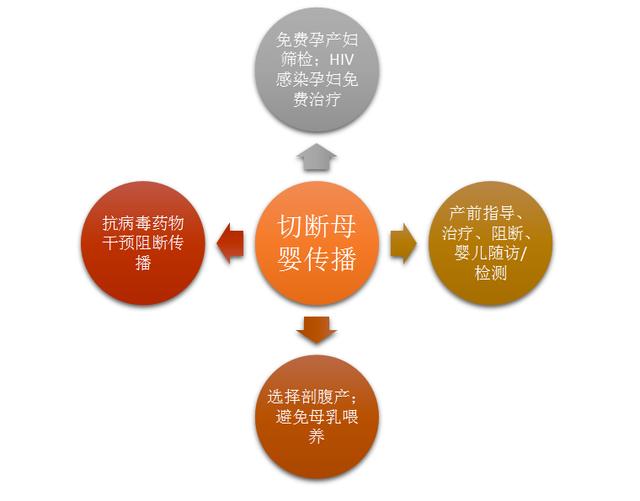
I am a professional in this field and my answer is: you can have them!
But before preparing to get pregnant must be careful, including doing economic, educational environment, the assessment of the issue of support, if both spouses are suffering from AIDS, many times there may be economic pressures, if the two sides of the disease is not well controlled then it is recommended not to have children. If the two sides are only carrying the virus, disease control can be added to both parents have time to bring can be born, the current mother-to-child interruption of the success rate of up to 98 percent, the author also went to Yunnan Care Center visited, mother-to-child interruption in the Yunnan region to carry out a very good.
This is entirely possible, and current antiretroviral treatment reduces the chance of transmission to about 1% for children. This is provided that the mother is on regular and systematic antiretroviral treatment. Doctors will take this reproductive need into account when planning antiretroviral treatment for women of childbearing potential or of childbearing age. The usual treatment regimen is lamivudine + tenofovir + kleenex or zidovudine + tenofovir + kleenex, in mothers with AIDS, after the above drugs, standardized treatment, usually after six months. After the test of viral load in the body. After the virus in the body has been suppressed to a certain degree, you can consider the matter of pregnancy. If the male partner is a normal person. Need to protect the male partner. You can go to a regular hospital to prescribe blocking medicines. After the woman calculates the ovulation period, to have intercourse, before intercourse, start taking antiviral treatment drugs blocking drugs cost, in, 2800 to 3000 dollars. They are usually taken for 28 to 30 days a month. After pregnancy, you should go to the obstetrics and gynecology department of a regular infectious disease hospital for regular checkups. At the time of delivery, a caesarean section is usually recommended. After birth, children should be artificially fed. You can apply for a subsidy for the cost of artificial feeding and milk powder at the local Maternal and Child Health Center or AIDS prevention agency. Good luck with your pregnancy.

The recent case of "AIDS-immune gene-edited babies" has attracted widespread attention worldwide, with everyone condemning it and the state investigating and punishing this illegal act. So can parents with AIDS give birth to healthy children?
Many people know that AIDS is transmitted from mother to child, and many children have AIDS, mostly due to this route. Half of the children will die within 2 years of age, and most will die within 5 years of age, so is it true that people with AIDS cannot become parents?
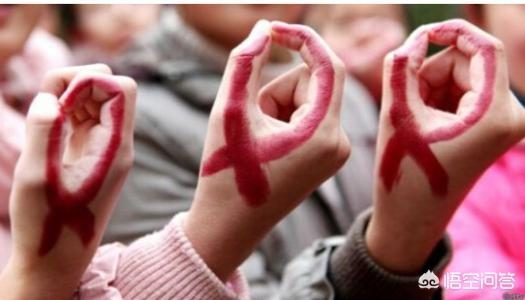
Nowadays, because of the development of science and technology, there is a technique called mother-to-child interruption that can help AIDS patients give birth to healthy children, mainly by providing pregnant women with antiretroviral drug treatment to stop their babies from being infected with the virus, a technique that can reduce the risk of transmission of the AIDS virus to babies through mother-to-child transmission, and the rate of transmission in China has dropped to less than 2% with the adoption of comprehensive measures. Postpartum feeding is also required after the mother has received antiretroviral treatment; after all, the advantages of breastfeeding are very great, although the infant also requires prophylactic medication.
In order to better combat AIDS, we need to step up our awareness-raising efforts and provide eugenic guidance to HIV-infected mothers; although current technological advances have reduced the risks, they are not zero, and the safest way to give birth is to be HIV-free.
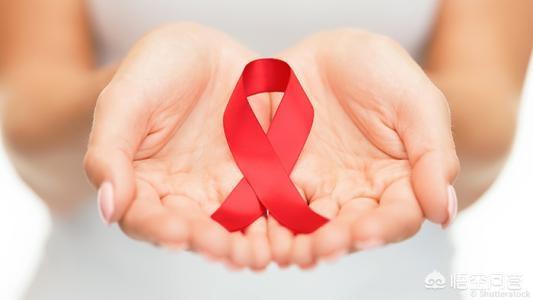
Technological advances have brought hope, but there is still no way to defeat AIDS, all we can do is to keep ourselves clean, self-protection is the best way to defend ourselves against AIDS, at the same time, spread the right knowledge and guidance to children, so that we can better defend ourselves against the AIDS virus, which is in fact very fragile, and will die in a few seconds to a few minutes after being exposed to the air.
Respondent: Wang Zhuang, M.S.
Welcome to Life Calling for more useful health knowledge.
Yes, but it requires medical intervention, if finances allow it, have it, if finances don't allow it, don't, if you really want a child, adoption is a good option.
This question and answer are from the site users, does not represent the position of the site, such as infringement, please contact the administrator to delete.